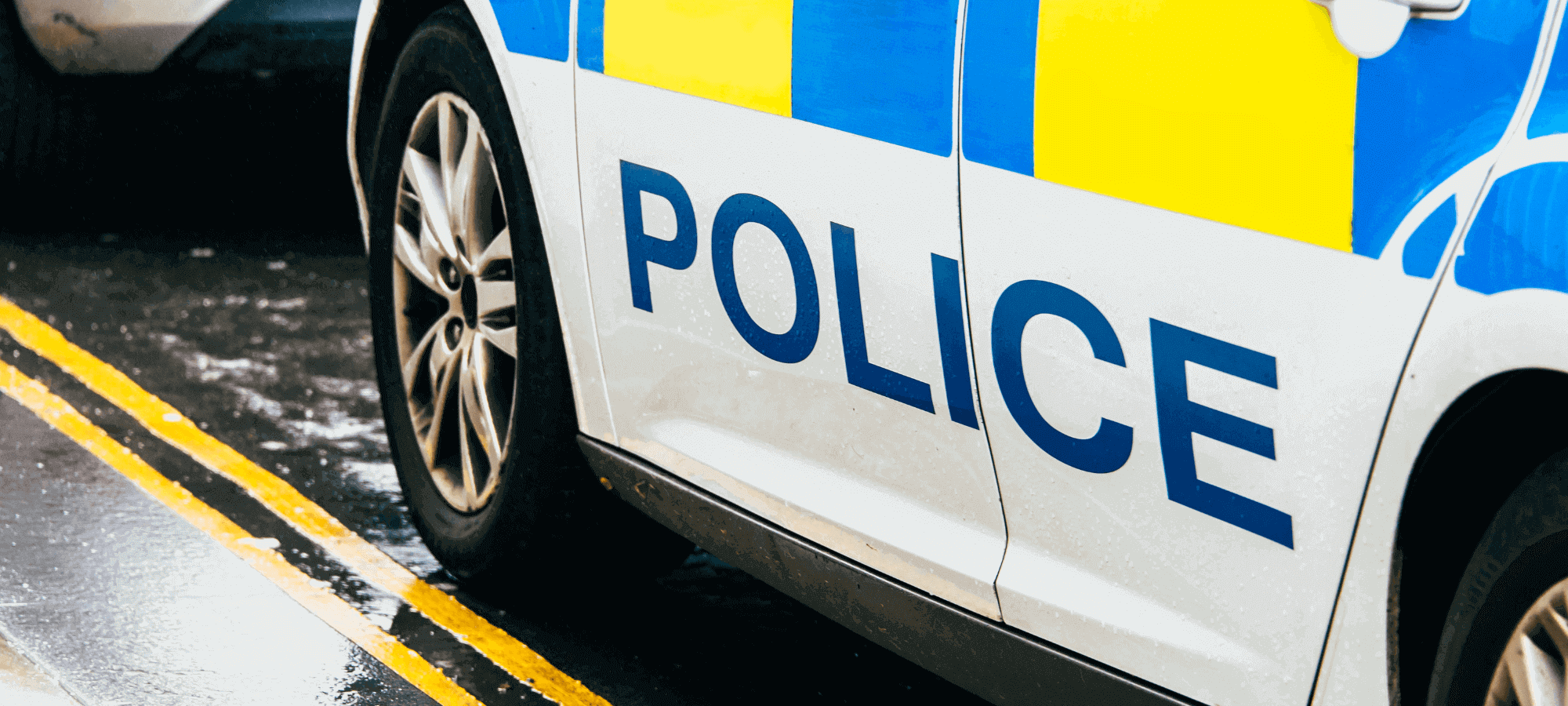
Police forces in England and Wales have this week laid out plans to reduce the number of mental health call-outs they respond to.
Under the new framework, known as the National Partnership Agreement (NPA):
- Some forces will only attend 20-30% of what was referred to as health and social care incidents within the next two years, down from 80%.
- Officers will only respond when there is a public safety risk or a crime being committed.
- Welfare checks or missed patient appointments follow up call outs will not be carried out.
Adam Crampsie, Chief Executive of Everyturn Mental Health, said:
“The NPA’s goal of ‘Right Care, Right Person’ is something we absolutely support. We believe that no one should struggle alone, particularly when they are in crisis, and we also believe that the first response to someone in crisis should come from a trained mental health professional.
“When experiencing a mental health crisis, a person needs an empathic, person-centred response – supported, when needed, by emergency services.
“However, to be able to do that we need significant investment in an already over-stretched system. It isn’t enough to simply reduce police call-outs to cases where there is a public safety risk or a crime being committed. The NPA aims to ‘free up’ a million hours of police time, but it is still unclear which services will absorb these hours of support. We need the full system to work together to ensure that people in need are not left to fall between the cracks. Our collective response must match the rising levels of need.
“Embedding a person-centred, non-clinical workforce alongside emergency and statutory services would help to provide a human response to people in need, as well as support the wider system. Voluntary, community, and social enterprise (VCSE) organisations have the experience and expertise to support the police and emergency services in this way, but urgent, strategic investment is needed to make this a reality.”